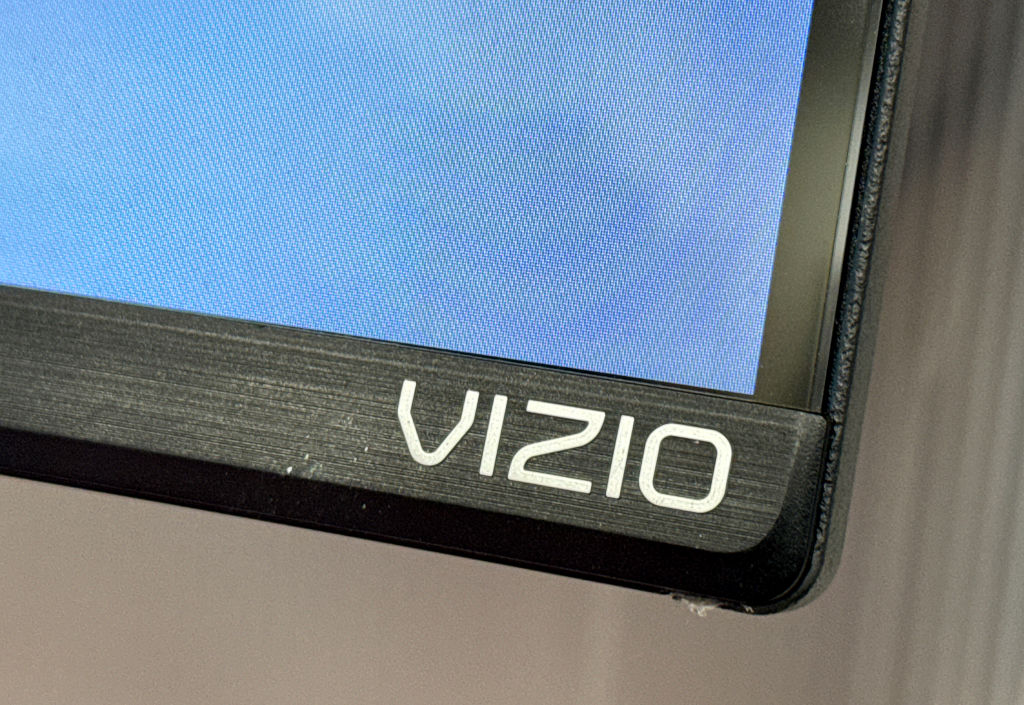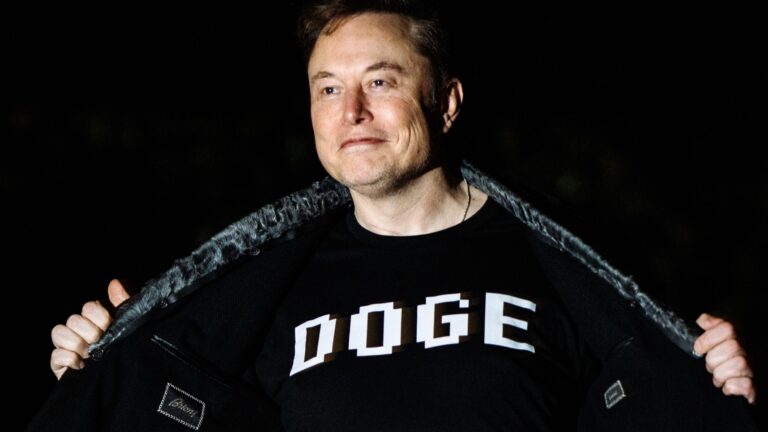Walmart announced an agreement to buy Vizio today. Irvine, California-based Vizio is best known for lower-priced TVs, but its real value to Walmart is its advertising business and access to user data.
Walmart said it's buying Vizio for approximately $2.3 billion, pending regulatory clearance and additional closing conditions. Vizio can also terminate the transaction over the next 45 days if it accepts a better offer, per the announcement.
Walmart will keep selling non-Vizio TVs should the merger close, Seth Dallaire, Walmart US's EVP and CRO who would manage Vizio post-acquisition, told The Wall Street Journal (WSJ).
Walmart expects the acquisition to be finalized as soon as this summer, it told WSJ.
Ad-pportunity
Walmart, including Sam's Club, is typically Vizio's biggest customer by sales, per a WSJ report last week on the potential merger. But Walmart's acquisition isn't about getting a bigger piece of the budget-TV market (Walmart notably already sells its own "onn." budget TVs). Instead, Walmart is looking to boost its Walmart Connect advertising business.
Vizio makes money by selling ads, including those shown on the Vizio SmartCast OS and on free content available on its TVs with ads. Walmart said buying Vizio will give it new ways to appeal to advertisers and that those ad efforts would be further fueled by Walmart's high-volume sales of TVs.
Walmart said today that Vizio's Platform+ ad business has "over 500 direct advertiser relationships, including many of the Fortune 500" and that SmartCast users have grown 400 percent since 2018 to 18 million active accounts.
Walmart Connect (which was rebranded from Walmart Media Group in 2021) sells various types of ads, including adverts that appear on Walmart's website and app. Walmart Connect also sells ads that display on in-store screens, including display TVs and point-of-sale machines, in over 4,700 locations (Walmart has over 10,500 stores).


 Loading comments...
Loading comments...
